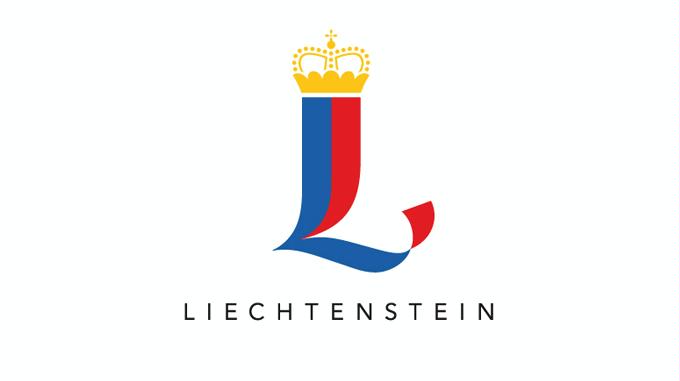The Principality of Liechtenstein was established within the Holy Roman Empire in 1719. Occupied by both French and Russian troops during the Napoleonic Wars, it became a sovereign state in 1806 and joined the Germanic Confederation in 1815. Liechtenstein became fully independent in 1866 when the Confederation dissolved. Until the end of World War I, it was closely tied to Austria, but the economic devastation caused by that conflict forced Liechtenstein to enter into a customs and monetary union with Switzerland. Since World War II (in which Liechtenstein remained neutral), the country's low taxes have spurred outstanding economic growth. In 2000, shortcomings in banking regulatory oversight resulted in concerns about the use of financial institutions for money laundering. However, Liechtenstein implemented anti-money laundering legislation and a Mutual Legal Assistance Treaty with the US that went into effect in 2003.
Liechtenstein is a constitutional monarchy.
Source: CIA World Factbook
Members:
Resources
Displaying 6 - 10 of 29Ordinance amending the Building Ordinance.
The present Ordinance introduces some amendments to the Building Ordinance of 22 September 2009. In particular, the Ordinance amends, inter alia, article 3 on Equivalence of standards; article 43 on Waste disposal; article 44 on Exposure and ventilation; also the Annex of the afore-mentioned Ordinance is amended.
Amends: Building Ordinance. (2012)
Ordinance amending the Land Transaction Ordinance.
The present Act introduces some amendments to the Land Transaction Ordinance of 3 July 2007. In particular, the Ordinance amends, inter alia, article 9a on Foundations, institutions without members and foundation-like Trust company with personality; article 13 on Annexes; article 15 on Forwarding to tax administration; article 16 on Surveyance and information and filing obligations; article 20 on Fees.
Amends: Land Transaction Ordinance. (2013)
Act amending the Land Transaction Act.
The present Act introduces some amendments to the Land Transaction Act of 9 December 1992. In particular, the Act amends, inter alia, article 1 on Objectives; article 3 on Exceptions from the scope; article 5 on Requirements; article 9 on Responsibility and tasks; articles 11 to 15 have been repealed; article 16 on Decision and official statement; article 17 on Delivery of the decision; article 18 on Appeal cases; article 23 on Information and edition; article 24a on Supervisions of Land Transaction Office; article 26 Annulment; article 35 on Implementation Ordinances.
Spatial Information Act.
The purpose of the present Act is to transpose into national legislation the Directive 2007/2/EC of the European Parliament and of the Council of 14 March 2007 establishing an Infrastructure for Spatial Information in the European Community (INSPIRE). Article 1 of the above-mentioned Act establishes that the present Act regulates the creation, maintenance and organization of a national spatial data infrastructure. In particular the Act aims to provide authorities, economy, science and the public with spatial information in a sustainable, up to date, quick and simple way.
Land Transaction Ordinance.
The present Ordinance implements the Land Transaction Act of 9 December 1992. In particular, the Ordinance lays down provisions relating to the correct and efficient enforcement of the afore-mentioned Act. The text consists of 23 articles divided into 5 Parts as follows: General provisions (I); Conditions and requirements (II); Land transactions authorities and procedures (III); Fees (IV); Transitional and final provisions (V).


